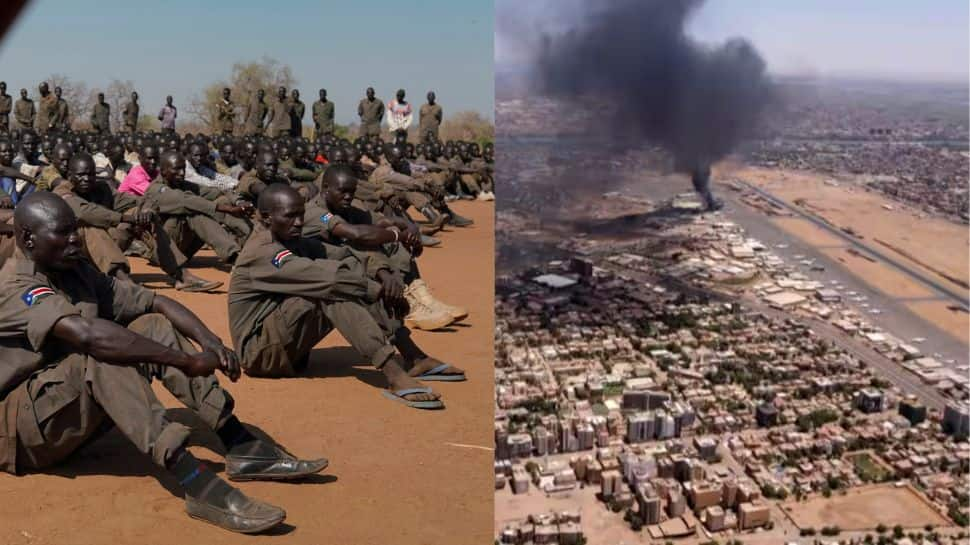Sudan has been going through difficult times as fighting between two strong competing military factions appears to be posing a threat of a national civil war. Till now extreme violence in Sudan has resulted in the deaths of at least 420 people, whereas more than 3700 people are left injured. Clashes erupted after weeks of heightened tensions between the Rapid Support Forces (RSF), a paramilitary group led by Mohamed Hamdan Dagalo also known as Hemedti and the military, headed by Lt Gen Abdel Fattah al-Burhan. The two generals disagree over the proposed transition to civilian rule in Sudan.
Origin Of Sudan Conflict
The long-running conflict had its origins in April 2019, when the generals deposed Sudan’s long-serving authoritarian President Omar al-Bashir after a nationwide revolt against him. Civilians persisted in their protests notwithstanding Bashir’s overthrow in their demand for free elections and the establishment of a civilian government. Four months later, the military and the protestors reached an agreement as a result of which it was decided to create the Sovereignty Council, a body with a mix of military and civilian officials that would oversee elections in Sudan by the end of 2023. Abdalla Hamdok was appointed Prime Minister for the transitional period, and he took office in August of that year.
However, the new arrangement was only temporary as Burhan quickly took over as de facto head of the nation after the military deposed Hamdok’s administration in October 2021. Burhan’s partner in the military coup, Dagalo, vice-president of the ruling council, assumed the position of second in command. Burhan declared that the military would be in charge until the July 2023 elections.
Conflict Between Two Groups: Army vs Rapid Support Forces( RSF)
Relations between the military and the RSF, which was founded in 2013 and has been accused of violating human rights, including the killing of more than 120 protestors in June 2019, worsened shortly after the 2021 coup.
Burhan and Dagalo disagree over how the 10,000-strong RSF should be integrated into the army, and which authority should oversee that process. Also, Dagalo wanted to delay the integration for 10 years but the army said it would take place in the next two years.
The army viewed the RSF’s recent redeployment across the nation as a provocative act and a danger. On 15th April, a fierce fight broke out between the two groups due to the tension.
Sudan Crisis: Evacuation Of Foreign Nationals
The outbreak of violence has led foreign governments to monitor the situation in Sudan and various nations have launched rescue operations by land, air, and sea to take stranded citizens to safety. To evacuate staff from their respective embassies in Khartoum, the US and the UK despatched military aircraft and troops. Saudi Arabia and France have led the successful evacuation of over 150 people from multiple nationalities, including Indians.
As many as 3,000 Indians are believed to be stranded in Sudan. Prime Minister Narendra Modi chaired a high-level meeting to look into the situation on Saturday. New Delhi has set in motion a plan to repatriate Indian citizens from conflict zones in Sudan.
Result Of The Sudan Conflict
Since the coup in 2021, there have been numerous pro-democracy demonstrations in the third-largest country in Africa. But the conflict between the army and RSF has probably made Sudan’s democratic transition more challenging. Some experts fear the tussle could transform into a wider conflict leading to the country’s collapse.

